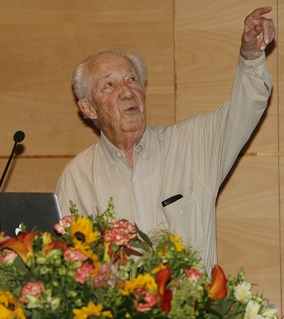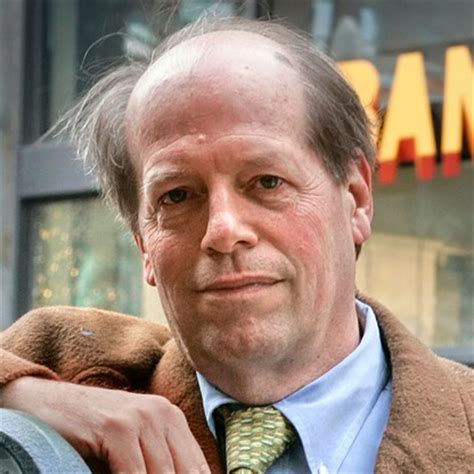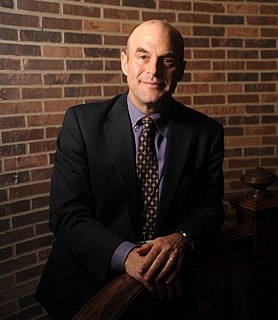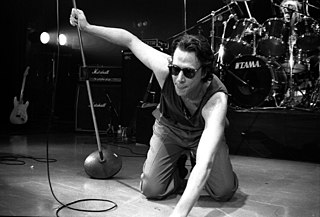A Quote by Christian de Duve
Overcrowded cities are spawning increasingly lawless suburbs. Waste is accumulating in and around them, straining the capacity to deal with it.
Quote Topics
Related Quotes
For the most part, French cities are much better preserved and looked after than British cities, because the bourgeoisie, the people who run the cities, have always lived centrally, which has only recently begun to happen in big cities in England. Traditionally in England, people who had any money would live out in the suburbs. Now, increasingly, people with money live in the cities, but this has changed only in the last 20 or so years.
The state of New Jersey is really two places - terrible cities and wonderful suburbs. I live in the suburbs, the final battleground of the American dream, where people get married and have kids and try to scratch out a happy life for themselves. It's very romantic in that way, but a bit naive. I like to play with that in my work.
So "Grand Theft Auto," for those who don't know, is the video game series where players pretend to drive cars around these virtual cities, getting points for winning street races and killing people and generally creating mayhem. So, of course, we should make the robots practice driving in a violent, lawless dystopia.




































